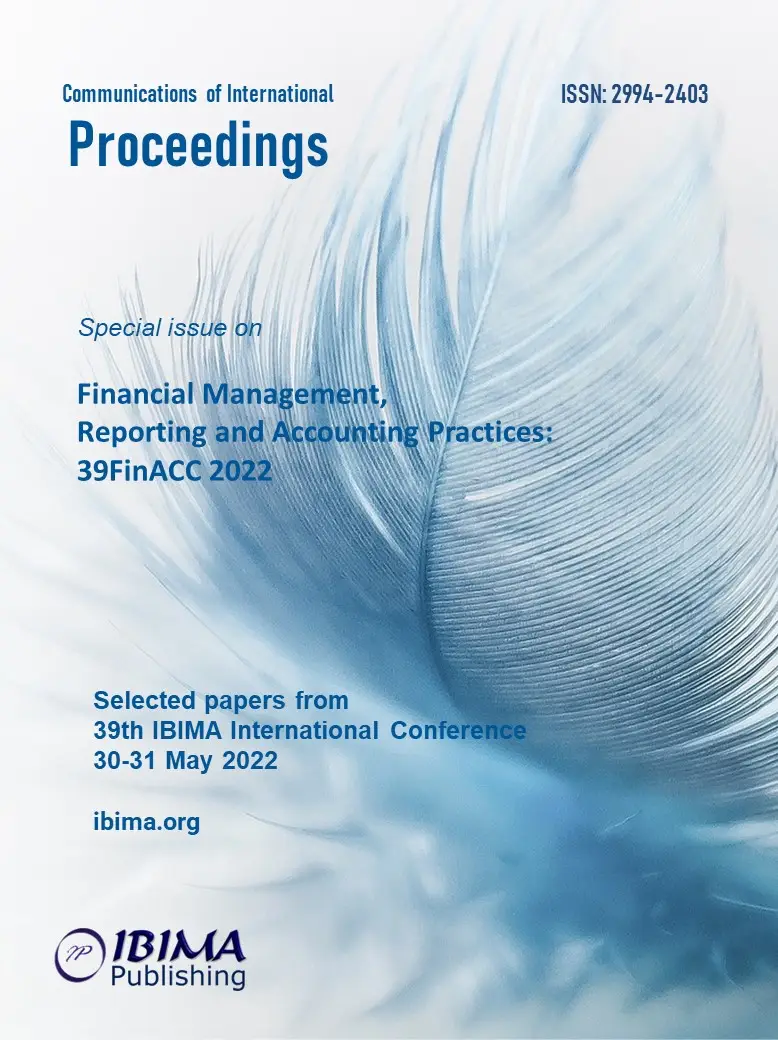
Michael Abidemi ADEWOLU, Ochei Ailemen IKPEFAN, Oluwatobi David FASHEYITAN and Daniel Olujuwon ADESUNKANMI
Department of Banking and Finance, Covenant University, Ota, Ogun State, Nigeria.

Liquidity management is a cogent issue for any productive firm to ensure the continuity of the business activity and avoid the occurrence of high loss of revenue as a result of poor liquidity management especially in a productive sector like the manufacturing sector. This study therefore examined the impact of liquidity management on performance of 10 listed manufacturing firms with the highest market capitalization among the manufacturing firms listed in the Nigeria stock exchange for the period of 2012 to 2019. The study adopted the multiple linear regression analysis and also observed the correlation between the liquidity management components utilized. The result, therefore, showed the low level of correlation between Current ratio, Cash ratio, and quick ratio which signify the absence of multicollinearity, and random panel data regression result also showed that the cash ratio and quick ratio will negatively affect the level of return on asset (ROA) of manufacturing firms if not well manage while the current ratio showed a positive relationship with the return on asset for the firm. The study, therefore, recommended that the manufacturing firms should apply the use of sweep account to absorb excess cash in a period of high revenue and also ensure that a long-term source of finance is used for the acquisition of inventory instead of a short-term source of finance to maintain an optimal level of liquidity and profitability of the manufacturing firms in Nigeria.